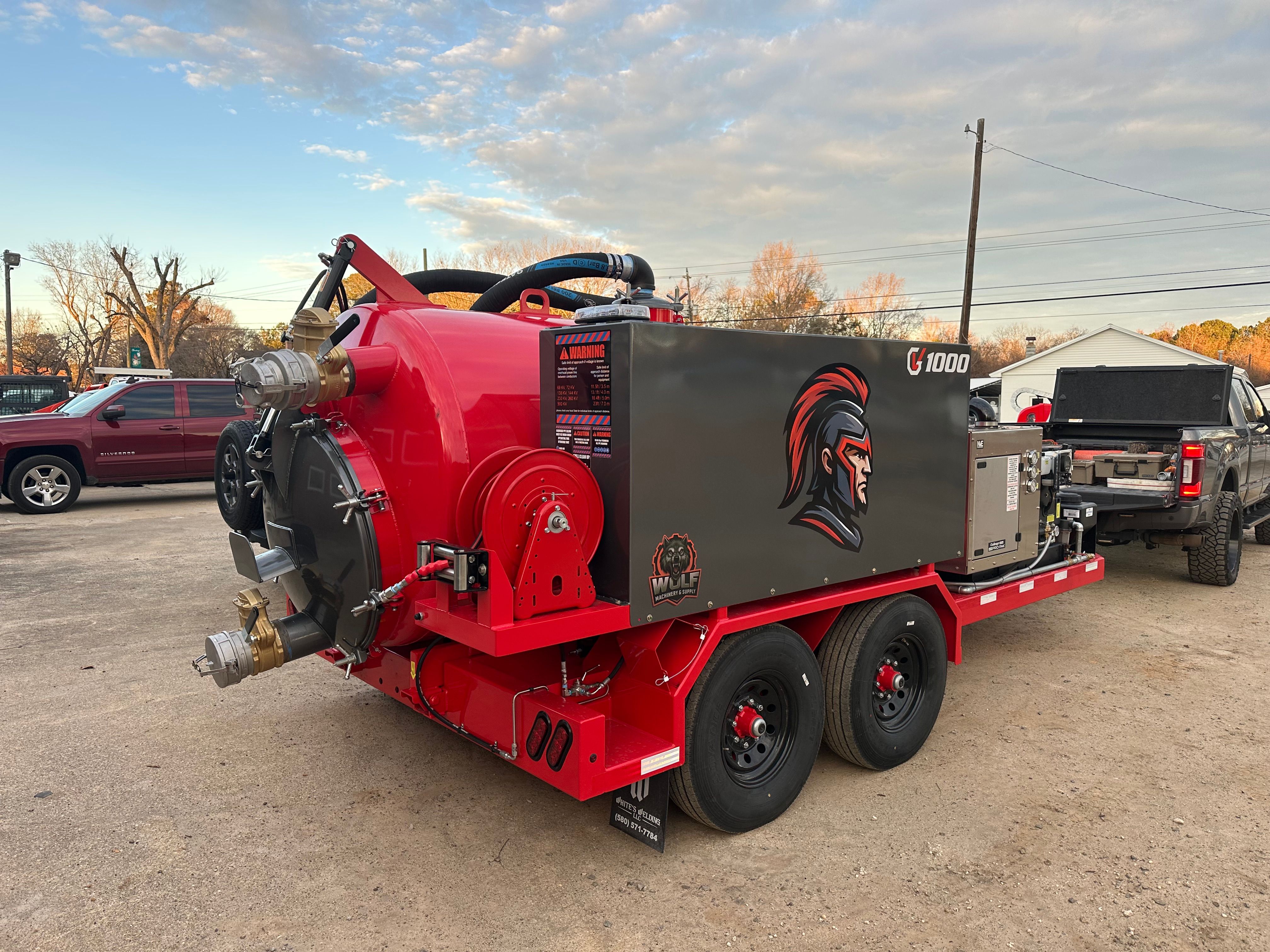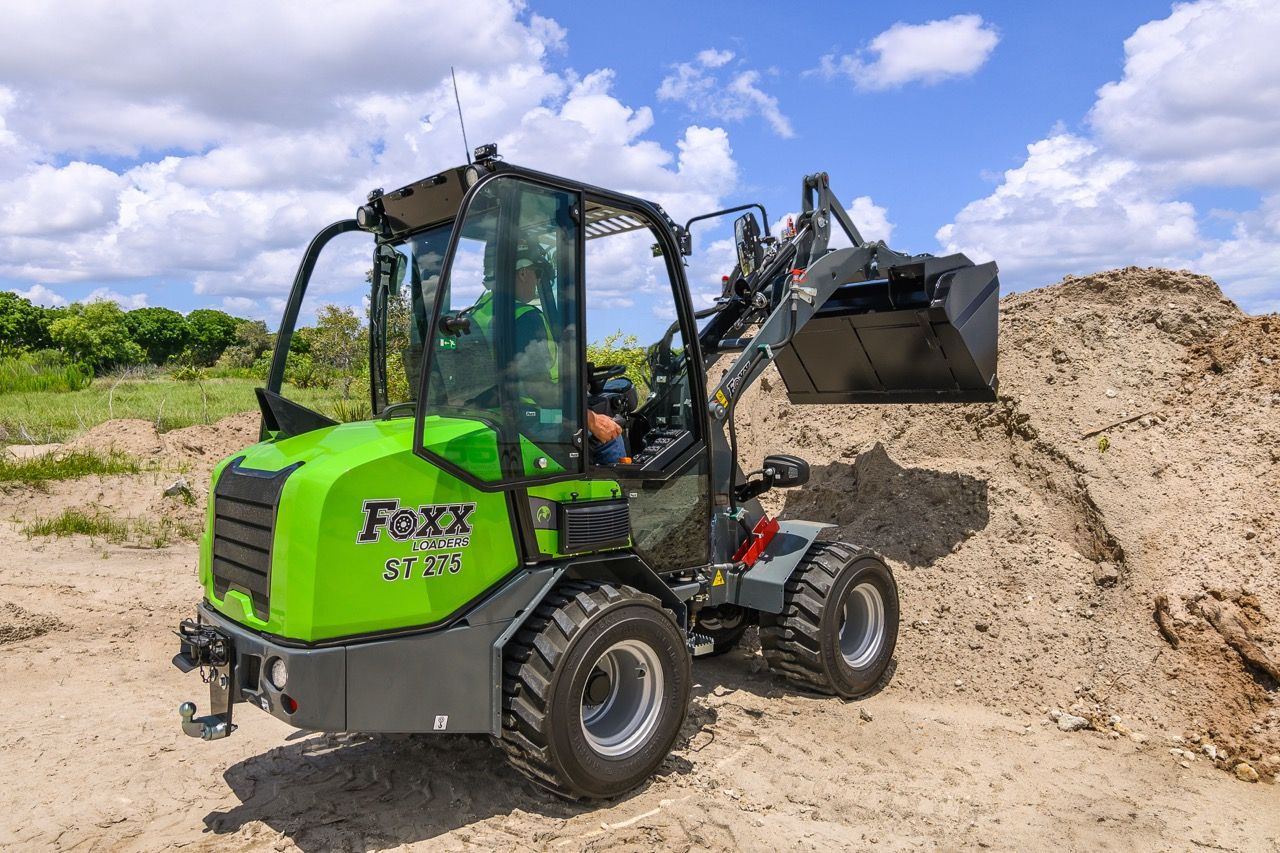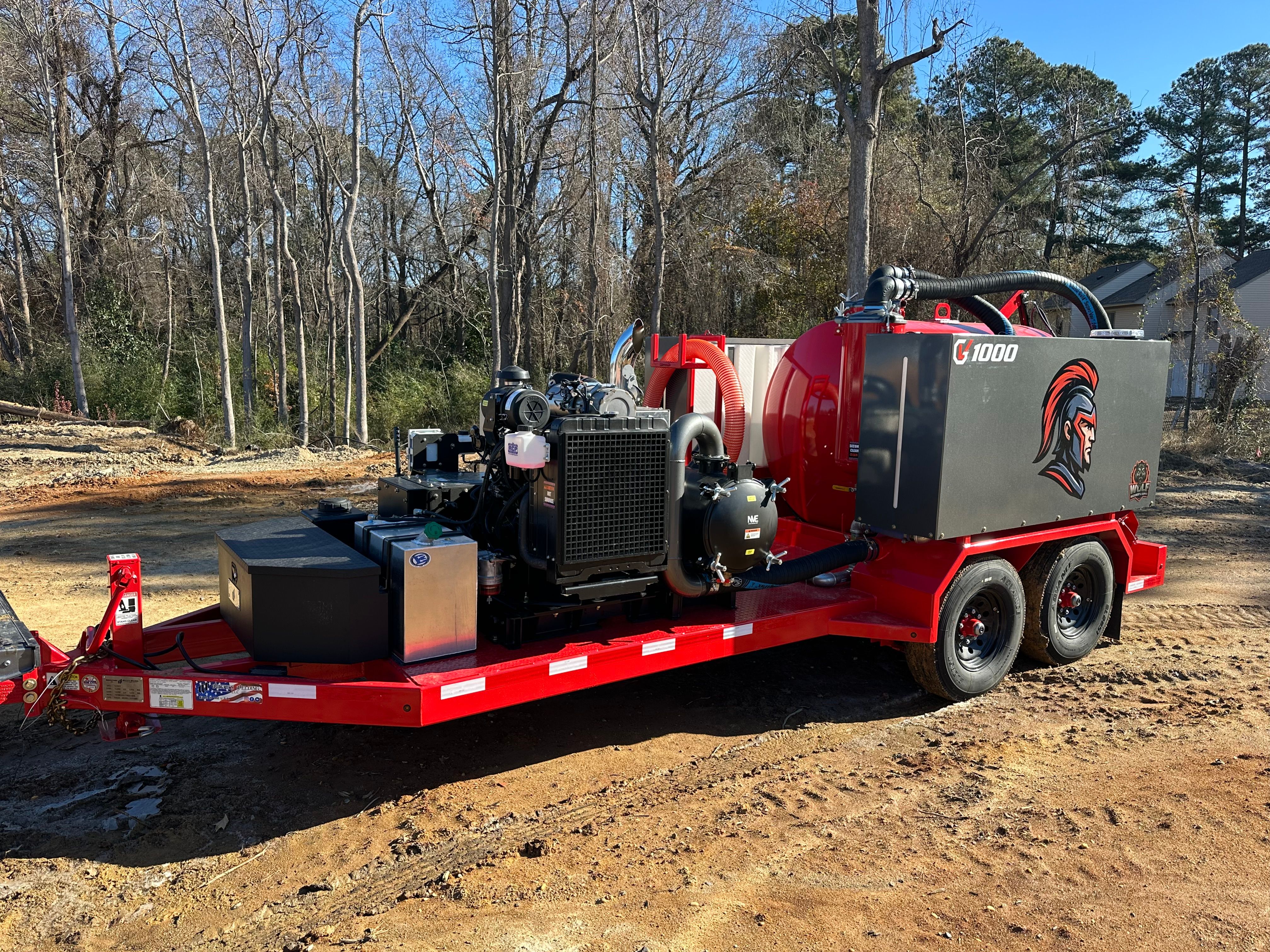Maintaining heavy machinery is essential for ensuring peak performance and maximizing the longevity of equipment used in construction, infrastructure, and utility projects. At Wolf Machinery & Supply, we understand that heavy machinery maintenance is critical to the success of any project. Regular equipment servicing and preventive maintenance are not just about fixing problems when they arise they’re about preventing problems before they start. Proper care and attention to machinery can minimize downtime, reduce costly repairs, and keep your operations running smoothly.
For those in the construction, utility, and industrial sectors, understanding the nuances of machinery maintenance is vital. Heavy machinery is a significant investment, and any downtime or malfunction can result in project delays, increased costs, and reduced efficiency. In this article, we’ll explore the importance of equipment maintenance, share practical servicing tips, and offer a machinery upkeep checklist to help you keep your machinery in optimal condition.
The Importance of Heavy Machinery Maintenance
Heavy machinery maintenance is not a new concept. It has been around since the industrial revolution, but what has evolved over time is the understanding of how crucial maintenance is to the overall performance and longevity of the equipment. In the past, maintenance was largely reactive, meaning repairs were done only after a breakdown occurred. However, with advancements in technology and a growing emphasis on efficiency, the focus has shifted to proactive maintenance, where potential issues are identified and addressed before they lead to costly repairs.
In industries like construction and utilities, regular machinery maintenance is essential for safety, productivity, and cost control. It ensures that machines run efficiently and reduces the risk of unexpected malfunctions that can halt projects. Moreover, proper maintenance helps meet safety regulations and avoid fines, making it not only a good practice but also a business necessity.
Regular maintenance also plays a crucial role in ensuring compliance with safety regulations. For example, failure to maintain equipment in proper working order can result in equipment malfunctions that pose safety risks. These risks can lead to accidents, injuries, and even fines, which is why it’s essential to prioritize regular maintenance checks.
Real-World Applications of Equipment Servicing Tips
Let’s consider a real-world scenario to understand how proper equipment servicing can prevent costly failures:
- Construction Equipment: Imagine a construction company using a horizontal directional drilling machine. By regularly servicing this equipment—checking hydraulic systems, lubricating moving parts, and replacing filters—the company can avoid unexpected breakdowns. These simple tasks ensure that the equipment performs efficiently, which keeps projects on track and prevents delays.
- Trucking Equipment: Similarly, a trucking company can benefit from routine servicing of its fleet. Regular checks on truck engines, brakes, and transmission systems can prevent mechanical failures, ensuring that trucks stay on the road longer without costly downtime.
For any business using heavy machinery, implementing a machinery upkeep checklist ensures that all necessary maintenance tasks are completed on time. From checking fluid levels to inspecting moving parts, a checklist helps to make sure no critical task is overlooked. Having your staff trained to identify potential issues early is another proactive measure that can save time and money in the long run.
Preventive Maintenance for Equipment: A Game-Changer
One of the most effective ways to extend the lifespan of heavy machinery is through preventive maintenance. Preventive maintenance refers to regularly scheduled maintenance tasks that help to keep equipment running efficiently. This proactive approach helps businesses avoid costly breakdowns and repairs by addressing minor issues before they turn into major problems.
For example, by regularly inspecting hydraulic systems, lubricating moving parts, and replacing worn-out filters, businesses can ensure their equipment operates at peak performance. Preventive maintenance is essential for reducing downtime, increasing equipment reliability, and extending machinery lifespan.
The Takeaway
Investing time and resources into the proper maintenance of heavy machinery is critical for any business relying on these machines for daily operations. Regular maintenance improves equipment efficiency, reduces the risk of breakdowns, and prolongs the life of machinery. By incorporating preventive maintenance strategies, businesses can maximize the value of their equipment and avoid costly repairs and delays.
At Wolf Machinery & Supply, we are committed to providing our customers with the knowledge and tools they need to maintain their heavy machinery effectively. Proper maintenance is not only about protecting your investment but also about ensuring smooth operations and maximizing productivity.




